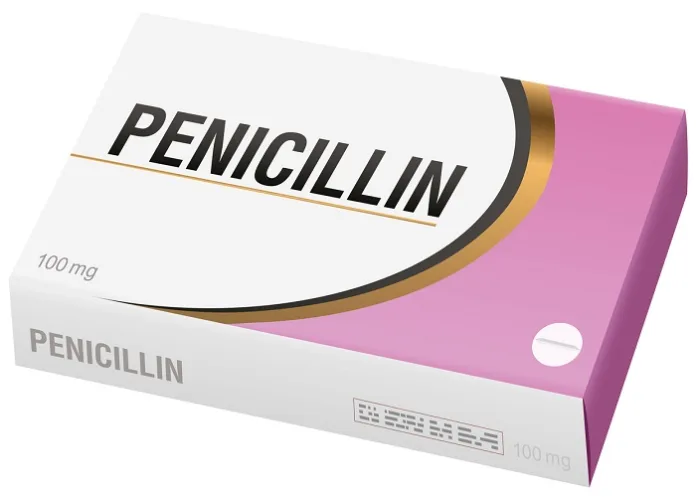Many people with a history of penicillin “aren’t really allergic at all”, according to Dr David Khan, a professor of internal medicine and paediatrics at the University of Texas Southwestern Medical Centre, speaking at the recent American Academy of Allergy, Asthma & Immunology (AAAAI) annual meeting.
Outgoing AAAAI president Khan, who summarised key points from update guidelines from an expert workgroup he chairs, said the latest guidelines, published in December 2022, update many of those last formulated in 2010.
“Although these are written with the focus directed to allergy immunology specialists, many recommendations apply to a broad audience, particularly with regard to the updates for antibiotic allergy.”
Specifically, he said, this related to penicillin allergy, MedPage Today reports.
“The penicillin allergy label is the most common in the health record. We used to think that about 10% of people with a history of penicillin allergy, when tested, would be positive. Now that number is less than 5%, maybe even 1%. So most people who carry this label aren’t really allergic. That’s the one thing.”
More importantly, and something only learned in the past few years, “is having that penicillin allergy label comes at a cost to the patient”.
“There’s morbidity associated with it. These patients get treated with more broad spectrum antibiotics that may not work as well. They also have higher rates of MRSA (methicillin-resistant Staphylococcus aureus), VRE (vancomycin-resistant enterococci) infections, C. difficile; so they stay in the hospital longer.
“There’s even increased mortality. So lots of bad things result just from having that label. And since most people aren’t allergic, we’re really encouraging providers, healthcare professionals, to refer patients to get this addressed.”
Testing has got simpler, he added. Previously, when evaluating patients for penicillin allergy, skin testing was recommended.
“Now, probably the minority need skin testing.”
For children especially, a simple “graded challenge” is carried out.
“We give them a small dose of the penicillin amoxicillin: we watch them for a few minutes, then give them the larger dose, and then we can say ‘you’re not allergic’. And that’s been shown in recent studies to be very safe in more than 8 000 children.”
Optimistically, Khan added, they would like to see this “go outside the allergy arena, and see other primary care doctors doing this”.
“But I don’t think most primary care physicians are quite ready to be doing this yet. However, they can definitely refer to get patients what we call ‘de-labelled’: remove that penicillin allergy label.
“The other important message relates to cross-reactivity between penicillin and other antibiotics. Because the penicillin allergy label is so common, when they get to a hospital, doctors often wonder if it’s safe to administer other similar antibiotics, like cephalosporins.
“Our message is, if someone has a history of penicillin allergy, that’s not anaphylactic, they can take any cephalosporin. This is an important message that needs to get out there. No testing is needed, the patient can get any cephalosporin
“For the rare patients who truly are anaphylactically sensitive to penicillin, they can get other cephalosporins that are just not related to the penicillin to which they’re allergic.”
Often, for surgery, the recommended premedication is cefazolin. But even patients anaphylactically sensitive to penicillin can receive cefazolin, he added.
“That will remove a lot of anxiety for orthopaedic surgeons, anaesthesiologists, et cetera.”
See more from MedicalBrief archives:
Misconceptions over penicillin allergy deprive patients of best treatment
All children with possible penicillin allergy test negative – small study
Antibiotics the main cause of anaphylaxis during surgery

